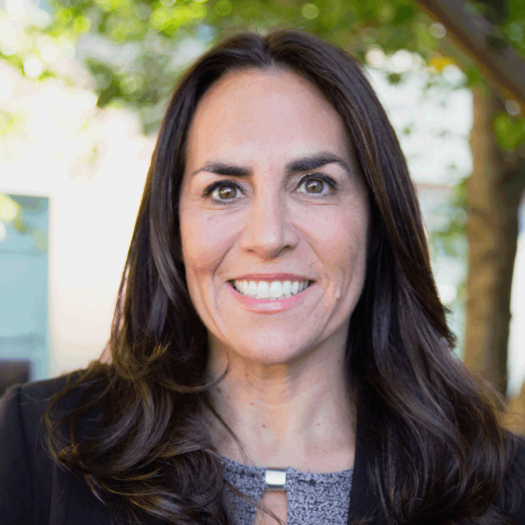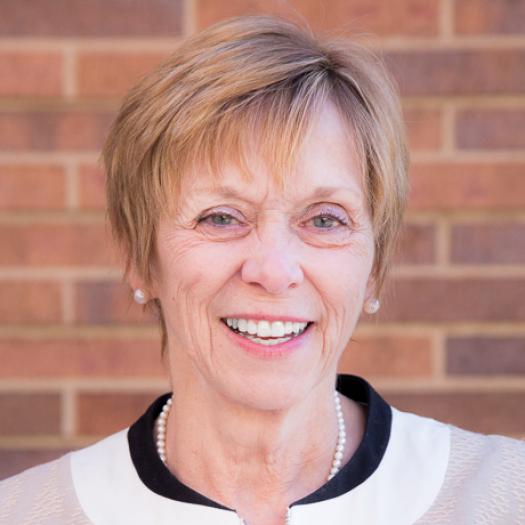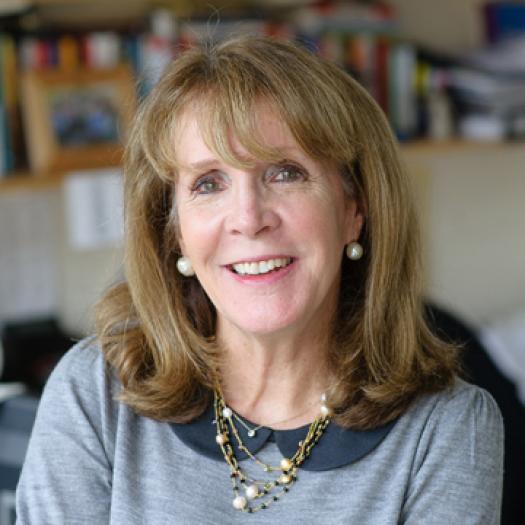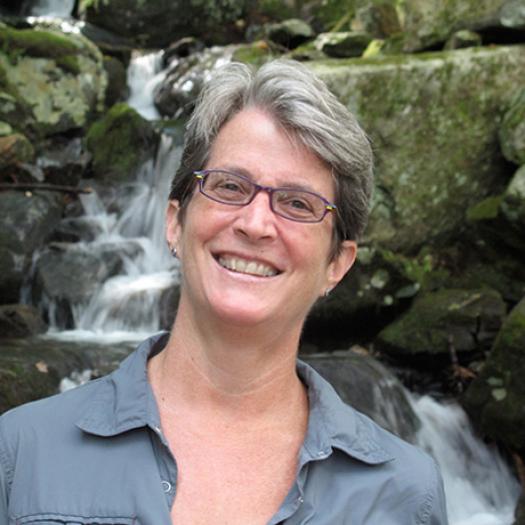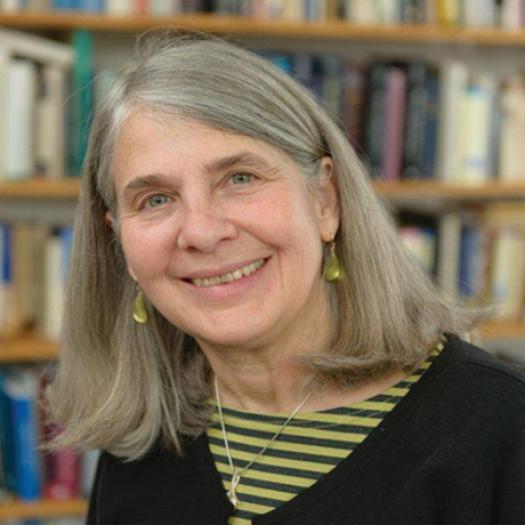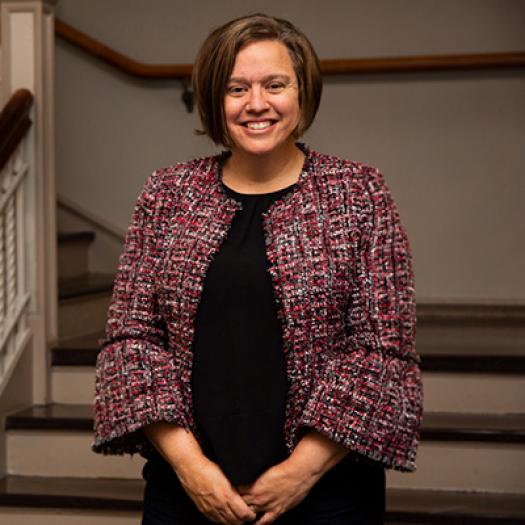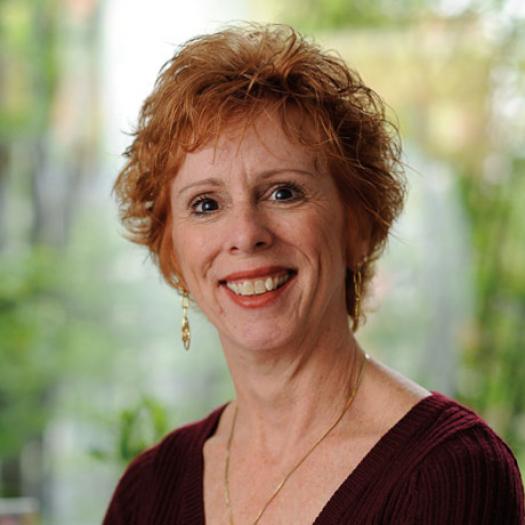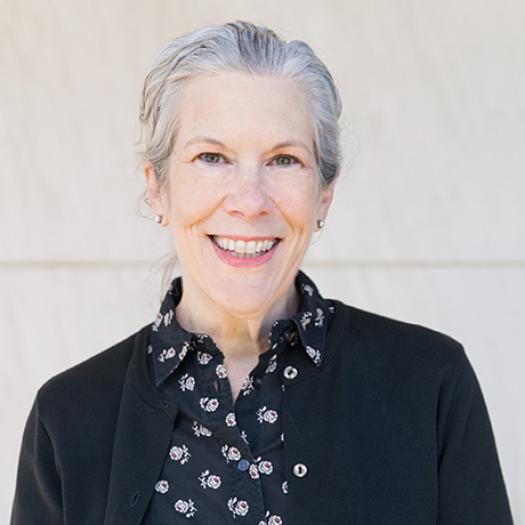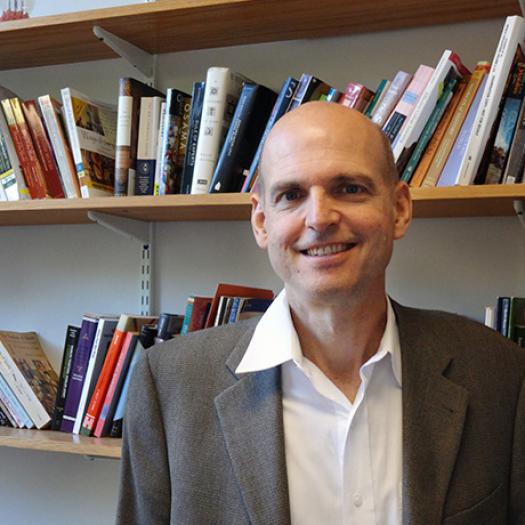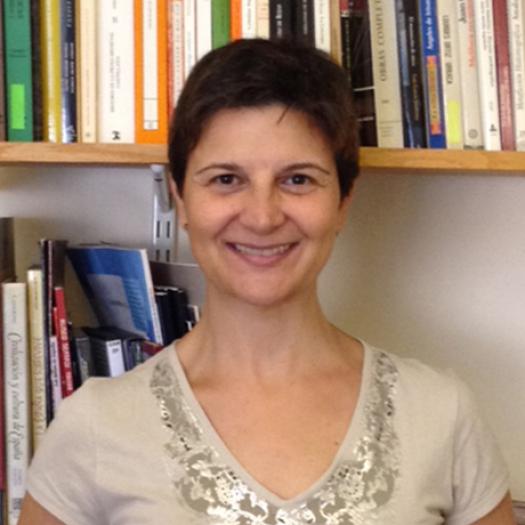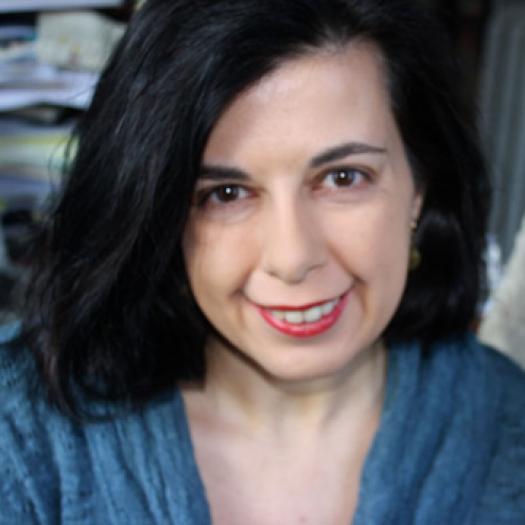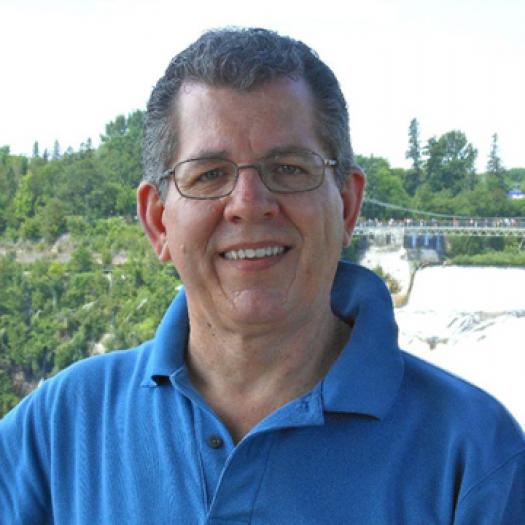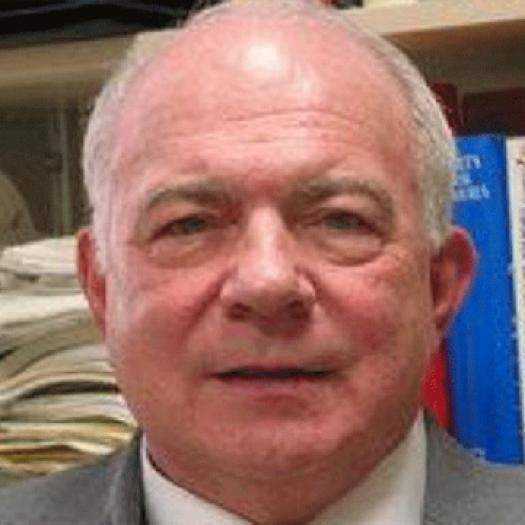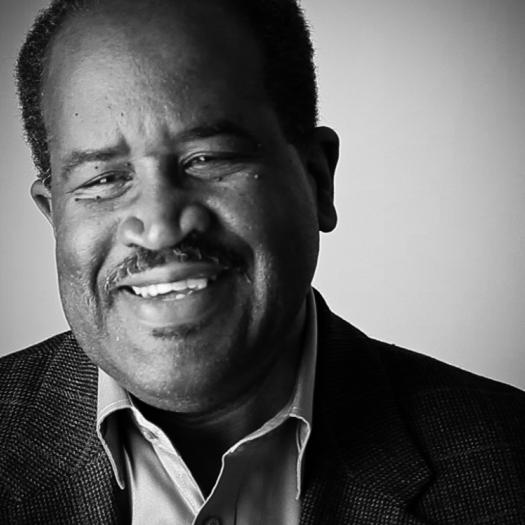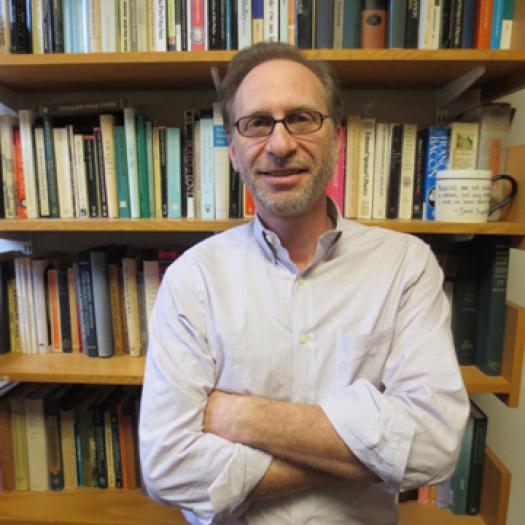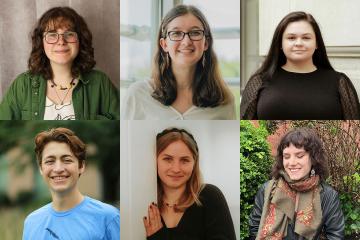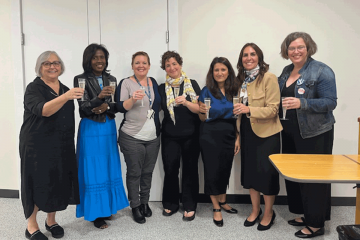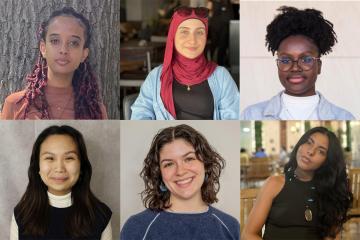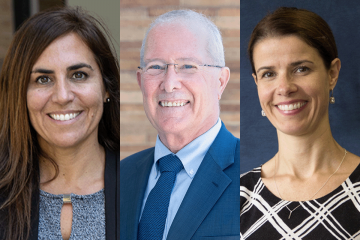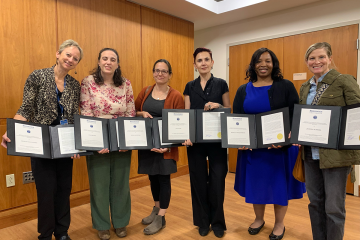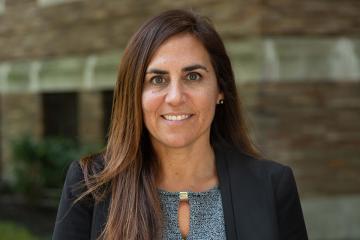The Provost's Office
The Provost's Office is responsible for Simmons' academic operations.
Stephanie Cosner is the Provost for Simmons University.
The Provost's Office works closely with faculty and staff throughout the University on matters of curriculum, research and faculty affairs.
The Provost's Office area includes the following student- and faculty-serving offices:
- Center for Faculty Excellence
- Center for Global Education
- Institutional Research
- Office of Career Development and Employer Relations
- Office of Accessibility Services
- Office of Career Development and Employer Relations
- Registrar's Office
- Simmons Community Engagement
- Undergraduate Advising
- Writing and Tutoring Centers
See information for faculty.
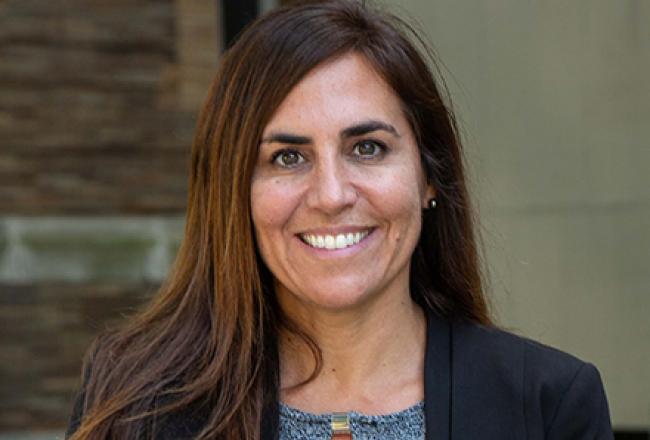
Meet the Provost
As Provost, Stephanie Cosner is responsible for the strategic direction and implementation of the academic programs at Simmons University.

